TEHRAN(Bazaar) – Professor Geoffrey Carliner, professor at Boston University says: Grossi is worried about the excessive enrichment of uranium by Tehran and he wants this route to be under the supervision of international institutions and subject to a legal framework such as the JCPOA.
Following is the full text of the Bazaar interview with Professor Geoffrey Carliner:
Q: The Director General of the International Atomic Energy Agency, Rafael Grossi, recently said that Iran is rapidly enriching uranium, but we are not saying that it has weapons. He has also announced that the path of talks with Iran is still open. What is your assessment of his words?
A: "Rafael Grossi" has emphasized several times : Iran does not have nuclear weapons. But he has expressed concern about the capabilities of Iran's peaceful nuclear program. I believe , according to developments in the Middle East region, Grossi is worried about the excessive enrichment of uranium by Tehran and he wants this route to be under the supervision of international institutions and subject to a legal framework such as the JCPOA.
Q: After Grossi's statement, Anthony Blinken also announced that the withdrawal of the United States from the JCPOA was a big mistake and that Iran's nuclear program has been freed from this restraint and we are now in a situation that we did not want to be in. What is your assessment of his words?
A: Officials in Washington have repeatedly said that withdrawing from the JCPOA was a mistake. If the JCPOA was alive, Iran would enrich uranium according to it regulations. On the other hand, it could benefit from the lifting of sanctions and its economic effects. Iran is now under severe international sanctions and its economy has stagnated. The value of the country's currency has reached its lowest level and the people's livelihood is facing problems. Iran could not unilaterally adhere to the provisions of the JCPOA when the West had ignored it.
Q: In a statement parallel to Grossi and Blinken's statements, Hossein Amir-Abdollahian announced in a meeting with the Swiss Foreign Minister: “The Sultan of Oman's initiative is still on the table and the Islamic Republic of Iran adheres to the path of negotiation.” Can these positions be considered a reason to start negotiations?
A: In the previous question, I said, Iran's economy has been severely affected by international sanctions. Therefore, Tehran has always wanted to continue the nuclear negotiations. Iran wants to start nuclear negotiations and reach agreement with the West like the JCPOA. In the coming months, the Biden government will also want to reach an agreement with Tehran in order an achievement in the 2024 elections. But the conditions of the Middle East region (the war between Hamas and Israel) will affect this process.
Q: In general, what is the meaning of these positions proposed by the officials of the International Atomic Energy Agency, Iran and the United States in the midst of the Gaza war and war in the Red Sea?
A: The situation in the Middle East is very inflamed and "Rafael Grossi" emphasizes on diplomacy and negotiation to solve the Iran nuclear issue because diplomacy can calm the situation in the Middle East region, now. If the parties can trust each other and give concessions to the other party, we can hope to solve this important issue. Iran is one of the most important countries in the Middle East region and solving problems with it can contribute to stability in the region.

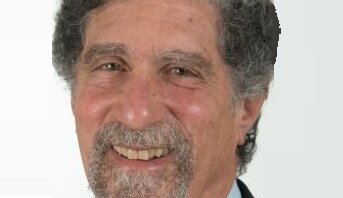






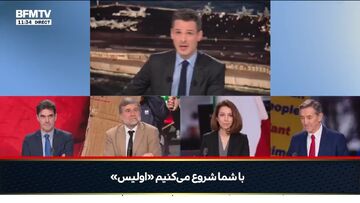
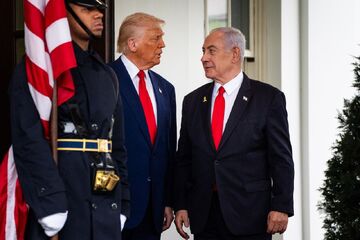

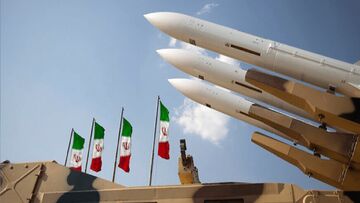
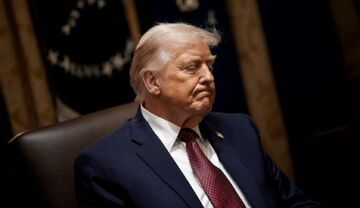
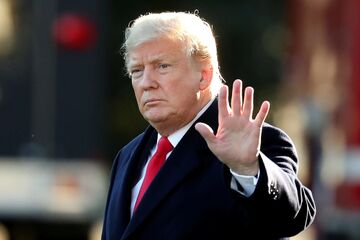
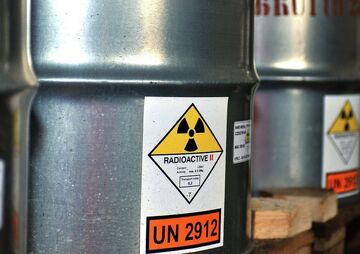
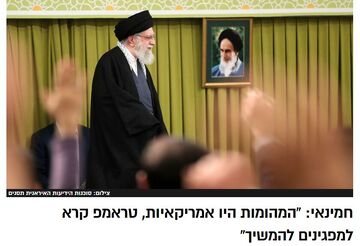
نظر شما